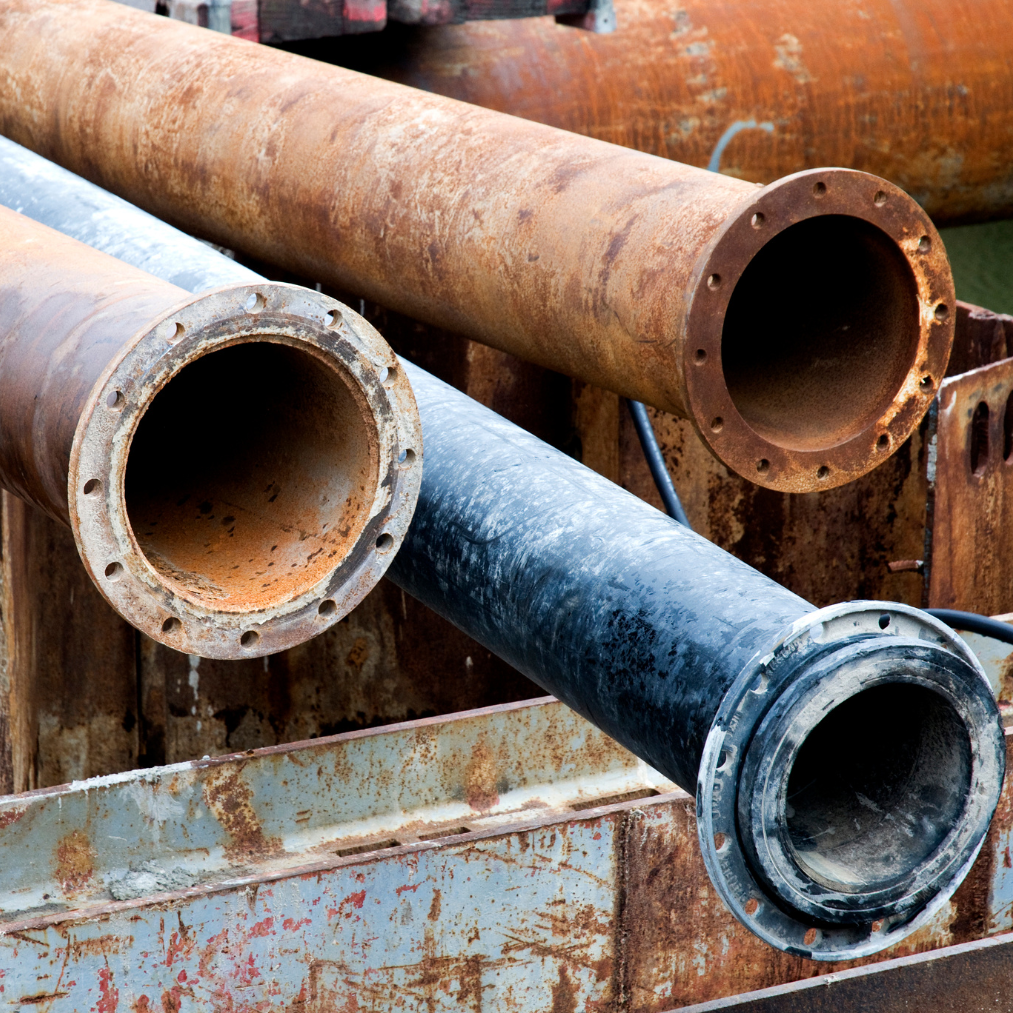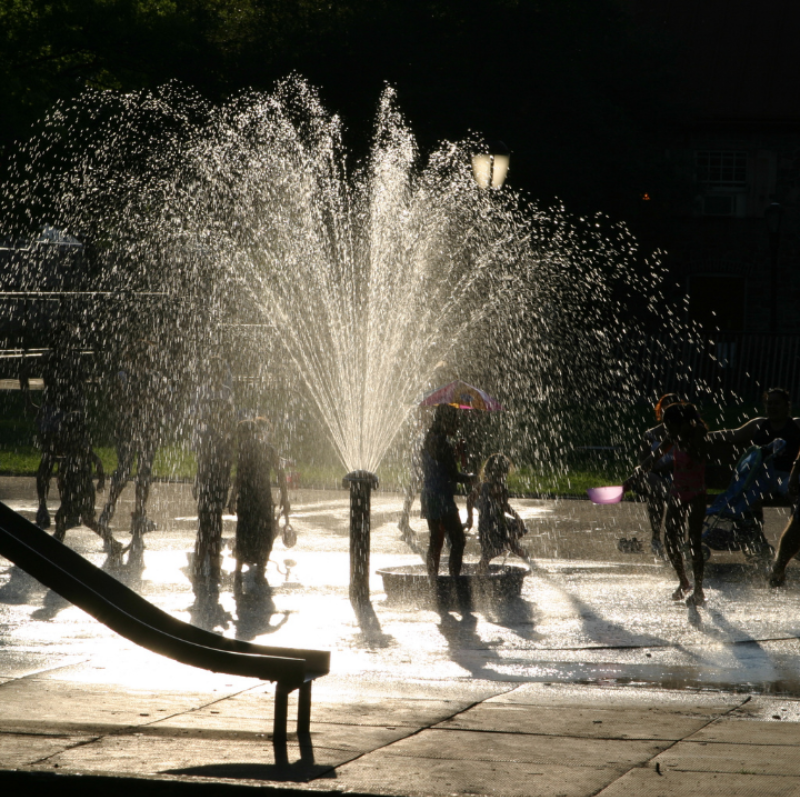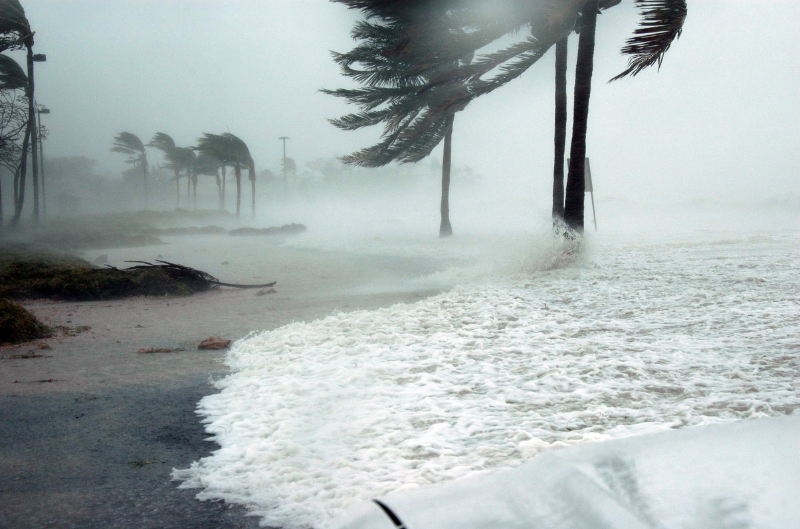
Exposure to lead can seriously harm a child’s health, including damage to the brain and nervous system, reduced IQ, and learning disabilities. A common source of lead in drinking water are lead service lines (LSLs) which bring municipal water into homes. Full LSL, replacement is imperative to reduce the risk of lead exposure to millions of families, especially those in under-resourced communities and communities of color.
In 2020 the U.S. Environmental Protection Agency proposed revisions to the Lead and Copper Rule -the rule that is responsible for drinking water infrastructure and contaminants. There are several problems with the proposed revisions, including a lowered rate for required LSL replacements, With the proposed new rate, it could take more than 33 years for all LSLs in a poorly performing water system to be replaced.
However, cities and states are stepping up to protect their residents’ health. Denver Water’s Lead Reduction Program is undertaking aggressive action to fully replace all of the estimated 64,000-84,000 LSLs in its service area within 15 years. Vulnerable neighborhoods and properties that service large numbers of at-risk individuals, such as child care facilities will be prioritized in the replacement effort.






